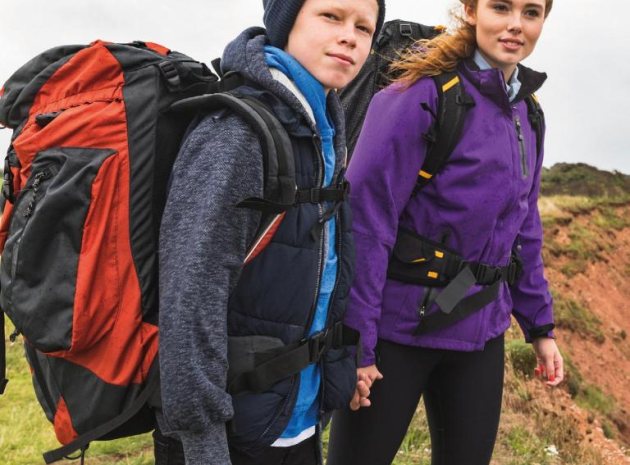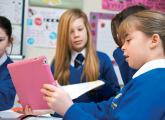School trips… They can be expensive, not only for parents, but also for the school, due to the need to train staff, cover lessons and buy equipment – throw lines, first aid kit and spare warm clothes just to go to the village.
They lead to the loss of something, either classroom learning or family time – a recent complaint from a parent berated the staff for running the non-essential geography trip during their half term as their child was going to have to miss the family ski trip and this loss of family time, coupled with the distress the choice was causing, was abhorrent and entirely unacceptable.
They are hard to organise and stressful to run – every teacher has a story of vomit strewn coaches and lost children; some even have stories of kidnap (the department I have in mind had forgotten a child the year before when leaving a venue and as a result was a little over zealous when it repeated the trip in its assertions to children, any children, some not even their own, to ‘get on the bus’!) So, why bother?
Real connections
I’m writing this article in the dark of my tent with one dead arm and I’m hungry, despite the luminous orange boil in the bag meal I’ve just inhaled. Why am I bothering to spend most of my week and the whole weekend hiking and wild camping with a group of students on Dartmoor, miles from the nearest pub, I might add, so they can complete their practice Gold Duke of Edinburgh expedition?
Why are the students spending hours lugging huge bags around, squealing as they disappear into bogs and risking getting shot as they accidentally wander in to a marines live firing exercise (I’m still not sure how that team or the member of staff with them failed to notice the helicopter gunships)?
The answer to us is obvious: we are having an amazing time, we are learning so much, we are developing character and, most importantly, we are growing a community of learners. All of those things are super-charged, because we’re on a school trip. And all those things will have an impact in the classroom and possibly during the rest of our lives.
The team members are asleep by 9pm and awake before 6am. Over breakfast they muse about Circadian rhythms, how they link to their psychology course and the impact of mobile devices and electric lights. They notice the motivational power of a path and link that to revision timetables and planning for their futures.
They link their nutrition to their energy levels and mood – and they are very aware of, and sympathetic to, each other’s moods. They get lost as they surge to that day’s finish and so sit down and work out a plan to get it right all the way to the end on the last two days. Despite aches, pains and tiredness they decide to extend their third day so that their final day is short – they realise how important it is for them, as a team, to end on a high.
Through necessity and adversity they are learning to learn and they are doing it with their peers (and one teacher, who keeps trying to sneak off for a Devon cream tea).
Joy and aspiration
In our teacher development sessions we’re taught that our use of language in the classroom, and in particular praise, can develop a growth mindset in students. Whilst watching the team try multiple methods to work out where they are, despite being shattered and lost, I wonder how many weeks of planned phrases it would take to move students’ mindsets on as much as happens in those thirty minutes.
For any student the above, which happens on most well conceived, well facilitated school trips, is of considerable benefit; for the most disadvantaged young people it can be truly life changing. That there are places and jobs that they never knew existed; that the theatre is a place of wonder; that there are people with attitudes and cultures very different from their own; that the strange horse is actually a bull – all this is learning that can open eyes, inspire ambition and change futures. As Mark Twain put it, “I have never let schooling interfere with my education.”
School trips and visits are about the joy of education, about learning in its broadest sense and about developing a community of learners. They therefore support schooling, support students and support futures. To ask, why bother with school trips is to ask, why bother with education.
About the author
Philip Avery is director of education and lead developer of outdoor education programmes for Bohunt Education Trust.










